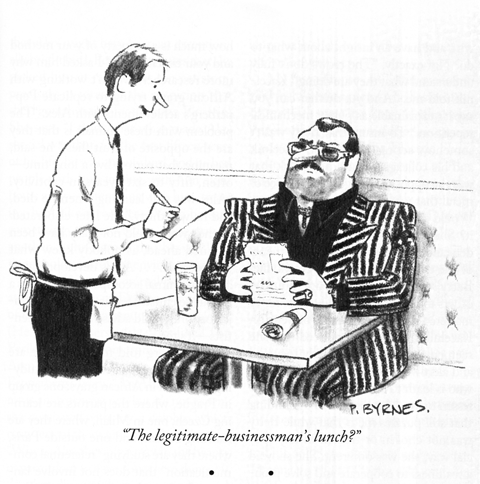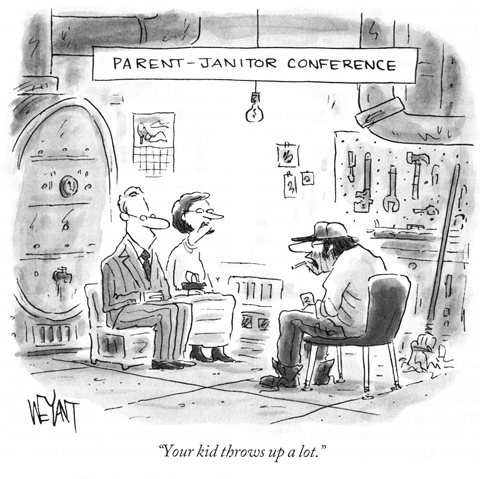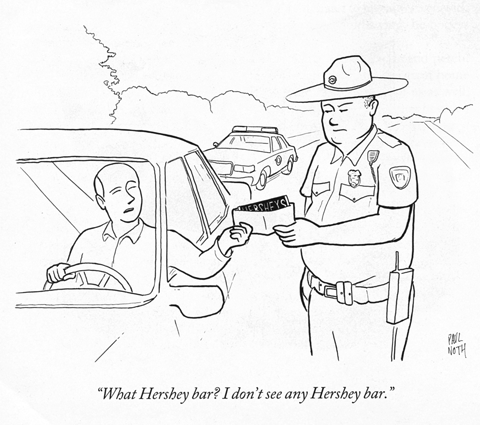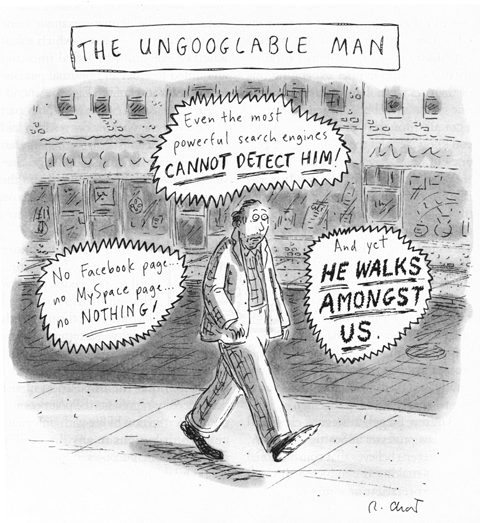Comedy and Homeopathy
(or what is the connection between delusional and funny?)
The first time I opened the Kent Repertory of the Homeopathic Materia Medica (October of 2005), I was reminded of the two books that impressed me the most in my life. The first one is the Roget’s Thesaurus which I discovered when I was around 20 and browsed for months on end. The second one is The Making of Americans from Gertrude Stein, which I recited 11 years long on stage. Both of these books attempt to describe humanity and the world, one could say. The Kent is as thick as the Paris telephone book and divided in sections: from the Mind to the Extremities, lists of symptoms expressed in a specific way, followed by a list of remedies that has proven efficient to cure that particular symptom. I then learned that this mass of symptoms comes from hundred and more years of accumulated clinical informations from various homeopaths; the Kent Repertory is then dramatically different from the other two books because it is the opposite, humanity trying to describe itself.
I was told that the most important section was the Mind section. If one looks for a constitutional remedy, which is the most interesting thing to do in homeopathy, the most important part of the patient to understand, is his state of mind. The Mind section is also divided in parts – the fears, the dreams ... and my favorite, the delusion section.
At the beginning, I didn’t have a very clear definition of the word delusion. I took the Oxford dictionary, ‘a belief or impression that is not real’. I read the delusions in bed, I couldn’t understand any of them, and couldn’t get enough of them either. They were strange, they were poetic, none of them were uninteresting, they each had a little something ... hundreds of them. And mainly, they were funny. Many of them made me spontaneously imagine a comedy scene or a comical person, or reminded me of some cartoons I’ve seen. I thought, what is the connection between delusional and funny?
Here are a few of these delusions:
delusion sees friends head stick out of a bottle;
delusion trees are people in fantastic costumes;
delusion spinal column is a barometer;
delusion he is chasing peacocks;
delusion someone is reading after her which makes her read faster;
delusion he has someone else’s nose;
delusion eternity mingled with the present ...
How to use them for the homeopath? well, some of them are a bit more clear:
delusion she is made of glass: the patient feels he is fragile and physically in danger;
delusion he walks on his knees: feeling of being smaller than everybody else, of being treated poorly;
delusion has committed a crime: irrational feeling of guilt ...
Rajan Sankaran writes: ‘delusions are only exaggerations of normal feelings; they are not strange feelings of a particular kind of people, they are modifications of the feelings that exist in all of us’.
I find the delusion rubrics funny – but does the opposite exists? When I find something funny, are there some delusion rubrics sneaking up in the back of my mind, tickling my fear of being crazy? is that why I laugh? Would it be possible for me to find the constitutional remedy of a patient by understanding exactly what they find really funny and why?
And another reason why I was making the connection between delusional and funny is:
most remedies have a few delusions, some more than others, but none has so many delusions as the remedy made from Cannabis indica. It has in its materia medica more than 250 delusions. And in my experience, Cannabis indica consists of really giggly episodes. So it looks like there might be indeed a connection between the delusions and the comical.
Besides, I read a tantalizing definition in Steve Martin's Born Standing Up
– 'funny is when you're not sure why you're laughing, like letting the crazy happen'.
So, I decided to make a small experiment and try to connect some funny things with specific actual rubrics from the repertory of symptoms:
First thing that came to my mind is Molière:
The Miser (L’Avare) – delusion thieves in the house;
The Imaginary Invalid (Le malade imaginaire) – delusion that he has every disease;
The Affected Young Ladies (Les précieuses ridicules) – delusion she is a queen;
The Imaginary Cuckold (Sganarelle ou le cocu imaginaire) – delusion wife has lovers concealed behind the stove.
I took a syllogism of Lewis Carroll:
1. Babies are illogical.
2. Nobody is despised who can manage a crocodile.
3. Illogical persons are despised.
Therefore babies cannot manage crocodiles.
delusion making an eloquent argument.

delusion he is an intruder;

delusion holding a council;

delusion has gold in his coat
OR
delusion even rags are beautiful;

delusion every ones face in a glass except his own;
Monsieur Hulot’s Holidays from 1953:
delusion he is a criminal and others know it;
delusion objects in motion when not looking at them;
delusion motion of chair and table in different directions while sitting;
The Party from 1968:
delusion he is transparent;
delusion few rods are an immense distance
OR
delusion house is movable;
delusion vivid consciousness of usually unnoticed operations of vitality
OR
delusion sword hanging over his head
OR
delusion everyone notices his flatus;
Dead men don’t wear plaid from 1982:
delusion very difficult to keep body together
OR
delusion she is drowning in disorganization;
delusion mothers house is invaded by lewd women;
delusion ideas floating outside of brain.
To be continued...